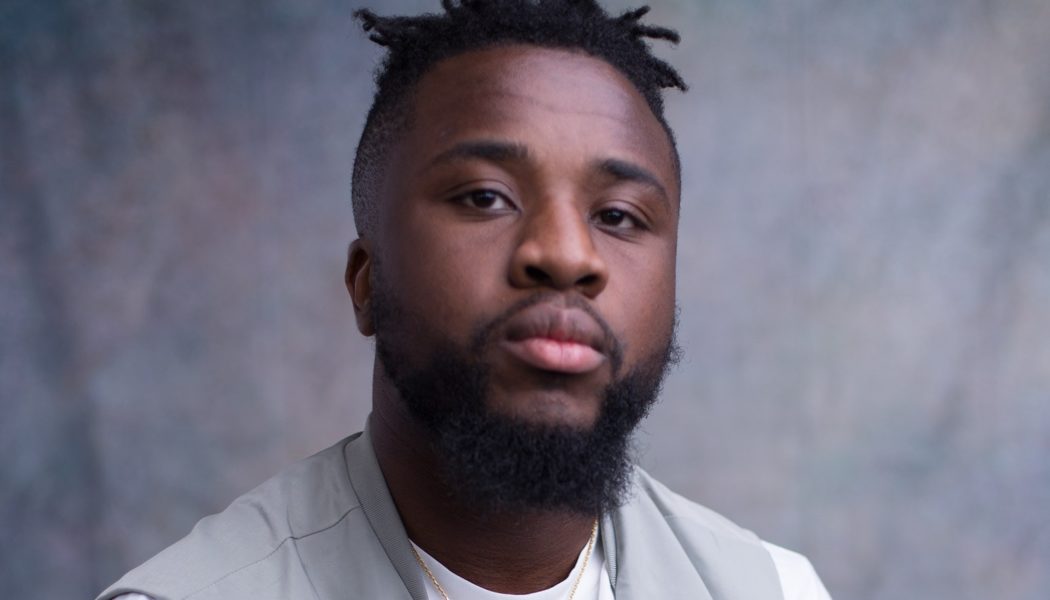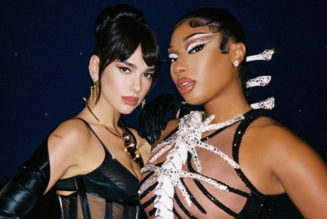
I try to be as real as possible with all of our artists. A big part of what we do is manage expectations and their mental state to a certain degree. It’s easy to get high and very low when you’re dealing with someone judging your artwork. Music is one of the career choices where you literally put something out and get immediate responses that come directly to your phone. On one level, it’s being as honest as I can with them. Giving them a truth that they don’t want to hear and then other times, it’s reinforcing not to forget who they are and why they’re so dope and in the position they’re in.
Artists put a lot of pressure on themselves. You could find out if people think what you put out is a piece of s–t instantaneously. Artists get in their own heads and they’re very sensitive about their work and it can go to another level if they let it. I do both sides of that. I try to be vocal and be intentional about reinforcing things when I see them. I’ll also let them know when a song is really f—–g amazing — even when they might not ask. It’s easy for even the biggest artists on our label to not know if their s–t is good or not. I try to be very vocal about reinforcing the amazing s–t and the s–t that I just love because I’m a fan of all of our artists.
Listening to them is a big thing. Regardless if I agree with them or not, I’ll try to be a good listener. A lot of times — especially on a label like ours — we have an amazing staff but we work with a lot of artists. The last thing you want is for any artist to feel like they’re not heard. I try to be really open about listening and not be so quick to give them the right answer all the time. Sometimes they just need you to hear them out.
I would love to see more companies take on our approach. Our leader on the mental health front is a therapist by the name of Syreeta Butler and that’s her end goal as well. We definitely align in that vision. I think it’s needed. I’ve seen a little bit of chatter from labels approaching it in their own ways so I love to see it.
Hopefully, as many labels that can do it, do it for their entire team, staff and artists. I think it’s extremely important for artists. We’ve seen the effects of just not having things in place that are outlets for artists. I’m not somebody that believes labels don’t care about their artists, but I think we have a ton of examples of how we could’ve did more for this person that overdosed or that person who got killed due to uncalled-for violence that they didn’t need to be part of. We all need to be thinking of ways we could do more.
I would love to see that happen, whether that’s our approach or companies approaching it in different ways. As long as we’re trying, we’re at least moving in the right direction. We don’t have it all figured out, but we’re trying something. It was important enough to the point we thought we should at least try something. We’re going to improve over time and introduce new things and resources. If everyone tries different things, then we can figure it out collectively.
On the executive side, I have four other co-founders of LVRN. We all have different personalities, but one of the amazing things about our company is that we’ve been able to coexist as a family from our existence until now. As we grew and hired more people, we spent less time together and recognized a need for us to be on the same page as far as communicating. We wanted to come to each other correctly and understand who we are as people. That led us to do group therapy sessions to make sure that we were facing barriers in our communication and continued to grow as a collective.
I just had a daughter five weeks ago, and there’s no better way to center myself and automatically revert back to what’s important than being around her. So that’s been amazing in that regard. Outside of that, there’s a lot of great things I’ve read that have shaped my mindset. Books like The Obstacle Is The Way by Ryan Holiday and another book called Flow. These books have helped me kind of understand the importance of being okay with things I can’t control and doing what I can to control the things I can. I think that’s a pillar for anybody’s mental health. There’s just so much s–t to be pulled into if you allow it. Books like that have given me mental tools in terms of, “I can approach this differently” or “This can be an opportunity” if I look at it like that.










